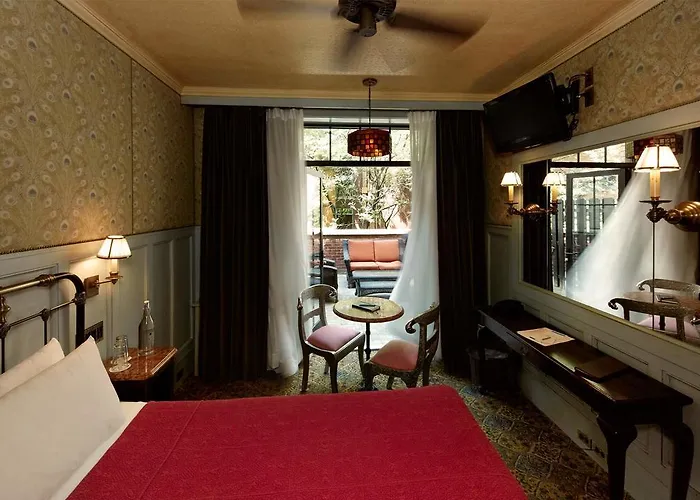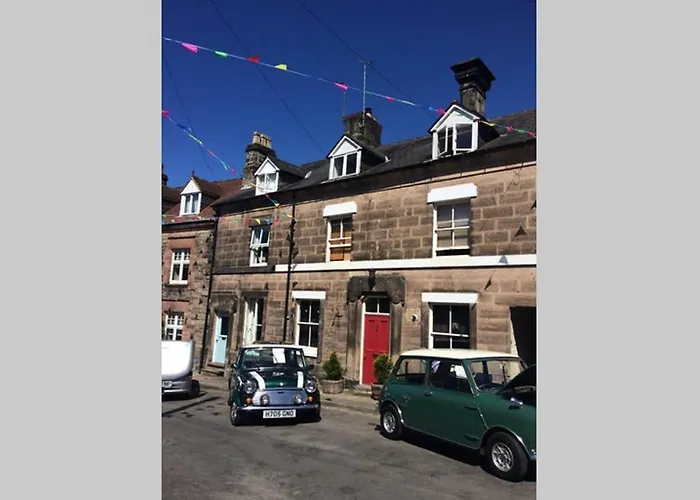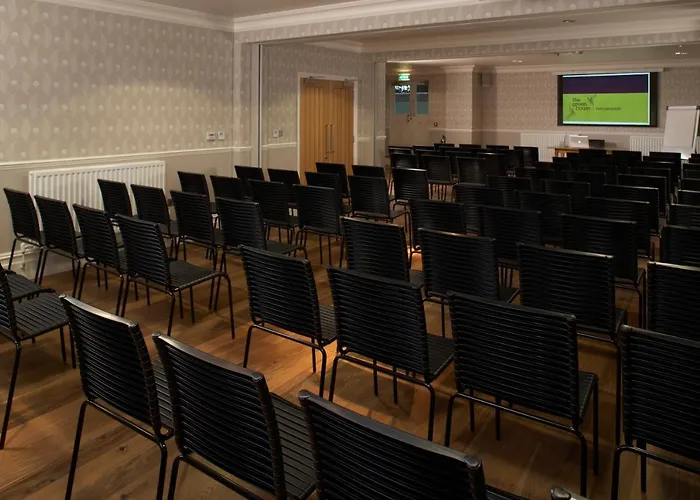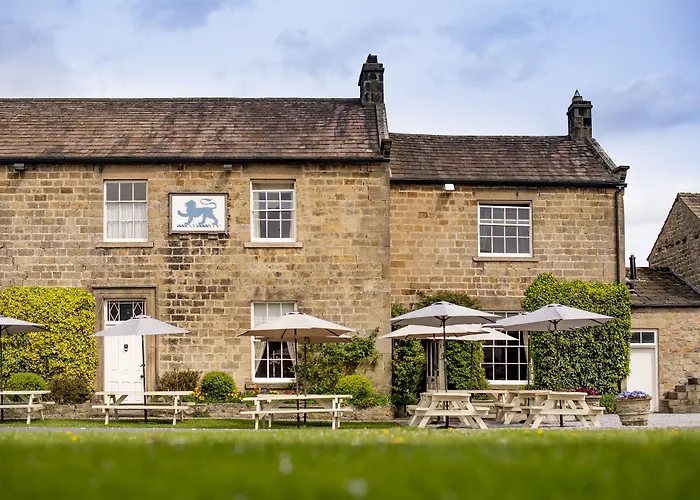

The kitchen is your stage, and the ingredients are your musical notes. Let Kitchen Musician guide you through the melodic journey of discovering world cuisines, creating unforgettable meals, and savoring the magic of culinary experiences.
At Kitchen Musician, we believe that food is not just sustenance; it is a universal language that connects people, cultures, and traditions. Our blog is designed to inspire your taste buds, ignite your culinary creativity, and transport you to exotic destinations through the vibrant flavors of the world.
Join us as we explore the rich tapestry of global cuisines, uncover hidden culinary gems, and share authentic recipes passed down through generations. From savoring street food delicacies in bustling Asian markets to indulging in the refined elegance of European cuisine, we aim to provide you with a diverse range of culinary experiences that will tantalize your senses.
At Kitchen Musician, we celebrate the diversity and richness of world cuisines while promoting sustainable and ethical food practices. We delve into the stories behind the dishes, the traditions they represent, and the people who bring them to life.
Whether you're dreaming of indulging in the aromatic spices of Indian cuisine, exploring the delicate flavors of Japanese sushi, or immersing yourself in Latin America's vibrant street food scene, Kitchen Musician is here to ignite your culinary curiosity and inspire your culinary creations.
Indulge your senses, expand your palate, and join us on a gastronomic odyssey that will leave you craving for more. Welcome to Kitchen Musician, where flavors come alive, cultures unite, and the world's culinary melodies await your exploration.
Our Partners


Discover Your Ideal Stay Among the Best Benalmadena Hotels

Explore the Best Hotels in Swindon for a Memorable Stay

Explore the Best Nice Hotels London Has to Offer for Your Stay

Discover the Best Hotels Near First Direct Arena in Leeds

Unveiling the Charm of Dublin City Hotels: Your Guide to Accommodation in the Heart of Ireland

Explore Top-Rated Hotels in Perth, Scotland for a Memorable Stay

Discover the Best Hotels in London Offering Parking Facilities

Discover the Best Hotels Builth Wells Has to Offer for a Perfect Stay

Discover the Best All-Inclusive Hotels in Benidorm for Your Ultimate Retreat

Top Picks for Hotels in Oban, Scotland: Where Comfort Meets Scottish Charm

Explore the Best Hotels Banbury Offers for a Perfect Stay

Explore the Best Hotels in Windsor Town Centre for a Perfect Stay

Discover the Best Budget-Friendly Hotels in Sheffield

Find the Best Hotels & Parking Options at Manchester Airport

Find the Perfect Hotels near Manchester Airport for a Comfortable Stay

Hotels at Terminal 1 Manchester Airport: Top Accommodation Options for Travelers

Hotels on Blackfriars Road London: Where to Stay for an Unforgettable Experience

Cheap Hotels in Piccadilly Circus, London: Affordable Stays for Your London Adventure

Discover the Perfect Accommodations near Liverpool Anfield Stadium

Cheap Glasgow Hotels in the City Centre: Affordable Accommodation Options for Your Stay

Explore the Finest Accommodations near London Tower Bridge

Discover Top Hotels with Meeting Rooms in Edinburgh

Hastings Hotels London: Unforgettable Accommodations in the Heart of the City

Discovering the Charm of Hotels near Castlefield Rooms Manchester

Top Accommodations near Genting Birmingham - Your Ultimate Guide

Hotels Close to York Races: A Guide to Accommodations near the Exciting York Races

Brighton Hotels Late Deals: Find Affordable Accommodations for Your Stay

Last Minute 5 Star Hotels in London - Your Ultimate Guide

Ultimate Guide to Finding the Best Deals in Liverpool Hotels

Experience Luxury at the 4 Star Hotels near the International Convention Centre Birmingham

Explore London's Top Famous Luxury Hotels for an Unforgettable Stay

Hotels near Bristol Beacon: Your Guide to Accommodations in Bristol

Hotels at Salford Keys Manchester: The Perfect Accommodation Choices for Your Visit

Unsurpassed Luxury: Explore the Top 4 and 5 Star Hotels in York

Hotels near Citywest Dublin: Your Perfect Stay in Dublin

Hotels with Pools in Edinburgh: Enjoy a Relaxing Stay in Scotland's Capital

New Luxury Hotels in London: Experience Unparalleled Opulence and Comfort

Hotels in Bristol: The Ultimate Guide to Accommodations in this Vibrant City

Discover the Best Hotels near Cruise Terminal in Southampton, England

Discover the Charm of Prague Old Town at Marriott Hotels: Your Ultimate Accommodation Guide

Half Board Hotels in Benidorm: Your Ultimate Guide

Discover the Finest Selection of Leeds Station Hotels for an Unforgettable Stay

Discover Affordable Accommodations in Copenhagen City Center

Budget Travel Made Easy: Uncovering the Best Cheap Hotels in Leeds City

Discover the Best Hotels near O2 Academy Oxford for Your Stay in Oxford

Cheap Windsor Hotels UK: Affordable Accommodation Options in Windsor, United Kingdom

Discover the Top Central Hotels Cardiff has to Offer

Discover the Best 5-Star Hotels in Belfast for a Lavish Stay

Explore Britannia Hotels Blackpool Reviews to Find the Perfect Accommodation for Your Stay in Blackpool

Boat Hotels Prague: Where to Stay on the Water in the Heart of the Czech Capital

Best Hotels in New Town Benidorm: The Ultimate Guide

Unique Alastair Sawday Bath Hotels: Unforgettable Accommodations in Bath

Discovering the Charm of Polish Hotels in Krakow

Discover the Best Bournemouth Westcliffe Hotels for an Unforgettable Stay

Explore the Ultimate in Luxury: Bath, England's Top 5-Star Hotels

Discover the Top Accommodations near BT Convention Centre Liverpool

Find the Perfect Accommodations at British Airways Hotels in New York

Hotels with Pools in Nottingham: Enjoy a Refreshing Stay in the Heart of the UK

Discover the Best Chain Hotels in Blackpool for a Memorable Stay

Discovering the Charm of Good Hotels in Prague, Czech Republic

Brighton Small Hotels: Experience the Cozy Charm of Brighton

Explore the Magic Hotels Benidorm Website for Unforgettable Accommodations in Benidorm, Spain

Hotels in Copenhagen: Where to Stay in the Danish Capital

Experience Comfort and Convenience at Blackpool Hotels North

Baby Friendly Hotels in York: Top Accommodation Choices for Families

Luxury Hotels in Cyprus Paphos: Indulge in Unparalleled Opulence

Best Hotels in Union Square, San Francisco, CA: Your Ultimate Guide

Romantic Hotels in Prague Old Town: Your Perfect Getaway

alton towers near hotels

Discover the Charm of Seafront Hotels in Bournemouth, UK

Hotels Aberdeen Scotland: Your Ultimate Accommodation Guide

Explore Top Accommodations: Hotels in Middleham Yorkshire

Blackpool Hotels 5 Star: Experience Unforgettable Luxury in the Heart of Blackpool

